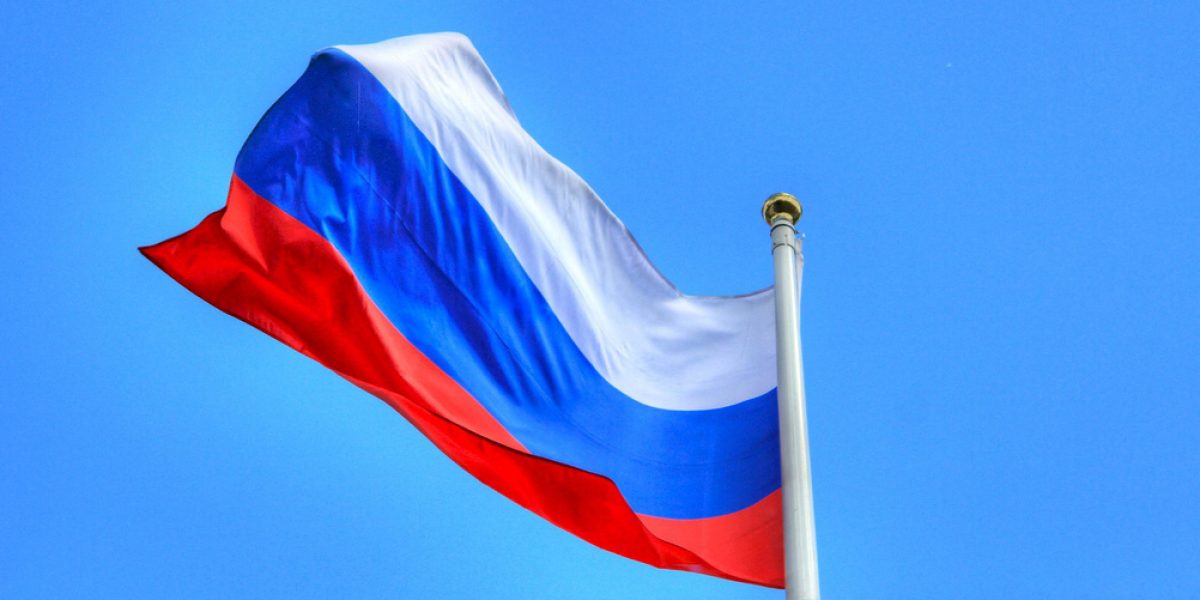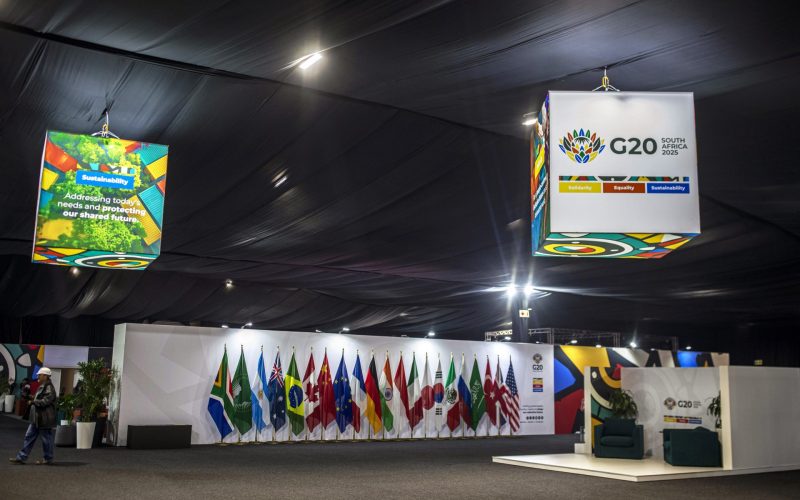The paper analyses the main features of contemporary Russia–Africa relations, especially in the context of the 5th BRICS Summit held in Durban, South Africa, on 26–27 March 2013. Russia’s business interests are growing in Africa and it is one of the permanent members of the UN Security Council. Russia’s policy on the continent needs to be better understood both for its impact on South Africa’s diplomacy, the efficacy of the BRICS in this process, and a more complete assessment of its impact on development prospects.
Russia’s interest in Africa lies not only in terms of the continent’s natural resources. Indeed, Russia’s own reserves are significant. Developing Russia’s own enormous energy resources, however, would be far more costly than developing the same resources in Africa. The profitability of production and quality of raw materials thus makes Africa an attractive partner. This is further enhanced by the potential of Africa and its population of over one billion as a consumer for Russian companies’ goods and services. One should not forget that Russia was of great assistance to the African people in their struggle for independence, and in the establishment of national industries and development of human resources. Russia has the opportunity to take advantage of these ties, particularly while the African graduates of Soviet universities still hold key positions in the respective countries.
In spite of the number of big Russian companies involved or seeking deals in Africa, Russia’s trade with the continent falls far behind that of China or India. The question that emerges is whether Russia’s renewed involvement in Africa is strictly of an economic nature, or whether this is driven also by political motivations.








